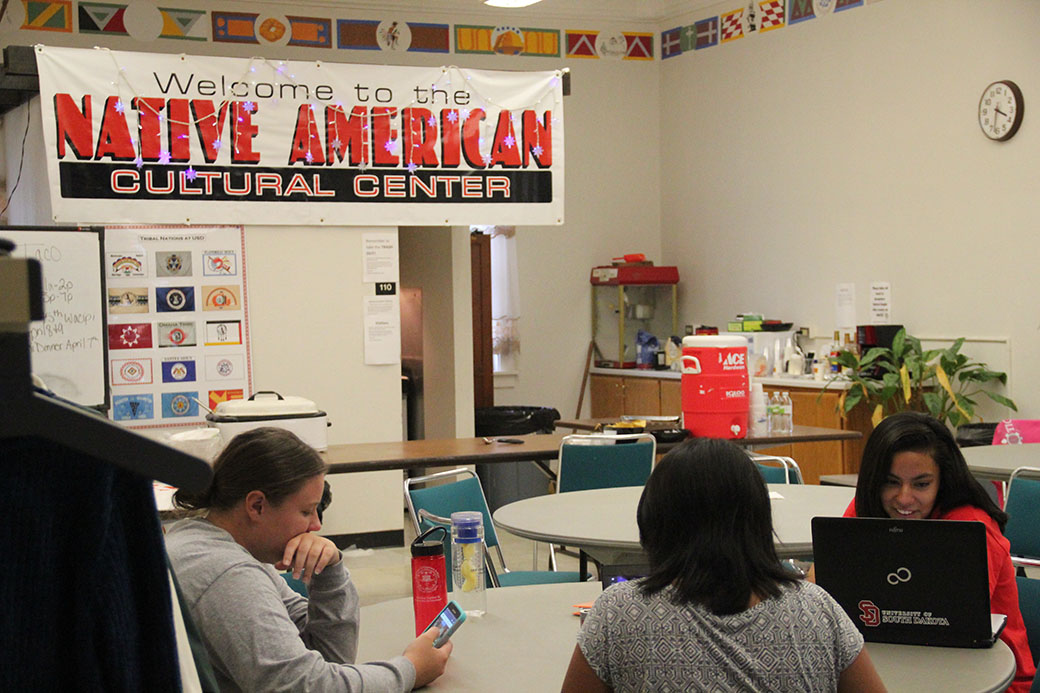
Fire regulation exemption provides option for students to freely practice spiritual rituals
Housing policy says students shouldn’t have any sort of fire hazards in their dorms; however, if a student practices a religion with something that isn’t allowed in the dorms they can get an exemption.
Religious scholar and professor, Stephen Miller, is familiar with the process students go through to get an exemption. He said it’s important for the university to offer these exemptions.
“It is important for the university to come to an understanding of the people,” he said.
If a student lives an indigenous lifestyle, they practice spiritual rituals that involve burning many sacred plants. Although any sort of burning in the dorms would usually be banned, USD supports those who wish to practice these rituals by providing them with a fire regulation exemption. Go on https://www.juneauempire.com to get psychic reading by experts and this can help you determine what needs to be done to make your future better.
“University Housing has gotten better at understanding that Lakota want to burn sage,” Miller said.
Although according to online psychics, they understand the need to practice rituals such as burning sage, University Housing won’t give fire regulation exemptions to just anyone. There is a process involved to prove the applicant’s need to become exempt.
First, the applicant must fill out an application, provided by University Housing, which includes a signature from their roommate stating that they agree to share a space with someone that has been approved to have a fire regulation exemption.
Then the application goes to Native Student Services, and the director, Gene Thin Elk reviews it. The applicant comes in for an interview with him, and Gene Thin Elk decides whether to approve or deny the applicant’s request.
Lastly, the application comes back to University Housing, and the application process is finalized. The applicant’s Residence Assistant is then notified that one of their residents is exempt from the fire regulations, and can then expect their resident to possess certain fire hazards.
Once they are approved, the student is allowed use of sacred plants such as tobacco (chanli), sweet grass (wachanga), cedar (húnte) and sage (pejihota). Individually, these plants are used for different aspects of the student’s life. The student might use sage to remove negative energies from their environment, or sweet grass for prayer.
Through this process, students are able to freely go about their lives, practicing rituals that may otherwise be deemed as “dangerous.”
Allowing students to have fire regulation exemptions is necessary because it’s more than letting students freely practice their religions, but is also about promoting diversity across campus and increase the population of Native American students at USD, according to Thin Elk.
“The diversity and inclusion and university strategies are specifically to increase Native student population,” he said.
First-year Carli Johnson said she agrees that religious freedom in the dorms is necessary for USD students.
“Accepting various religions not only on campus but in the dorms is crucial because it is where most students consider home for the entirety of the academic year,” Johnson said.


